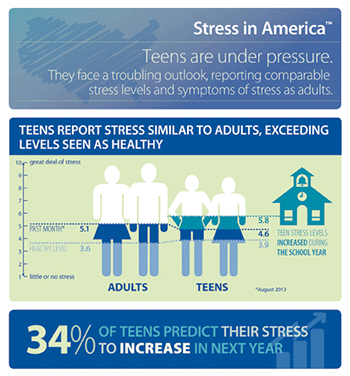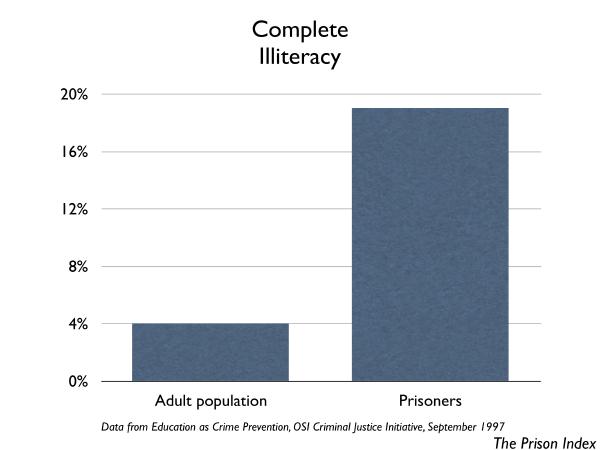Pros/Cons of Wearing a Mask
September 1, 2021
Many believe wearing a mask is dangerous and has psychological effects. Breathing through the same mask can dampen it, causing excessive moisture, resulting in it becoming airtight. When a mask becomes airtight, the wearer’s air that he or she inhales and exhales becomes unfiltered and dirty around the edges, endangering themselves and others. Additionally, when masks aren’t washed or changed accordingly, pathogens can proliferate in the mask, increasing the risk of spreading pathogens.
Moreover, some protective masks are very thick, which may cause communication to be challenging. Due to the lack of communication, many argue that wearing masks can force them to feel uncomfortable, insecure, and disheartened.
It is essential to wear the mask properly to obtain full effectiveness. It must fit tight to the face, otherwise its effect is lost. Doffing the mask must be properly done as well. The outside of any mask should not be touched and surgical masks should only be worn once.
Although masks are not the most comfortable to wear, if worn properly, face masks, surgical masks, or respirators may reduce the likelihood of spreading infections and pathogens between you and those around you. Wearing masks is a CDC recommended approach to cut down the spread of Covid-19 by reducing the inhalation of these droplets by the wearer.










